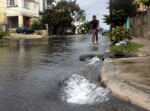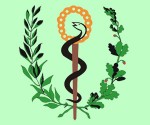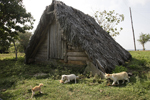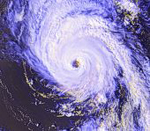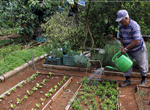Un poème par René Depestre: ‘La révolution sans fétiches’
Par René Depestre, du receuil En Etat de Poésie (Les Editeurs Réunis Francais, Paris, 1980) | Haiti Chery. Il y a ceux qui crient sur tous les toits / Vive la Révolution! / derrière ce cri se cache parfois le voeu / secret que la révolution se casse une jambe….
Continue reading →



